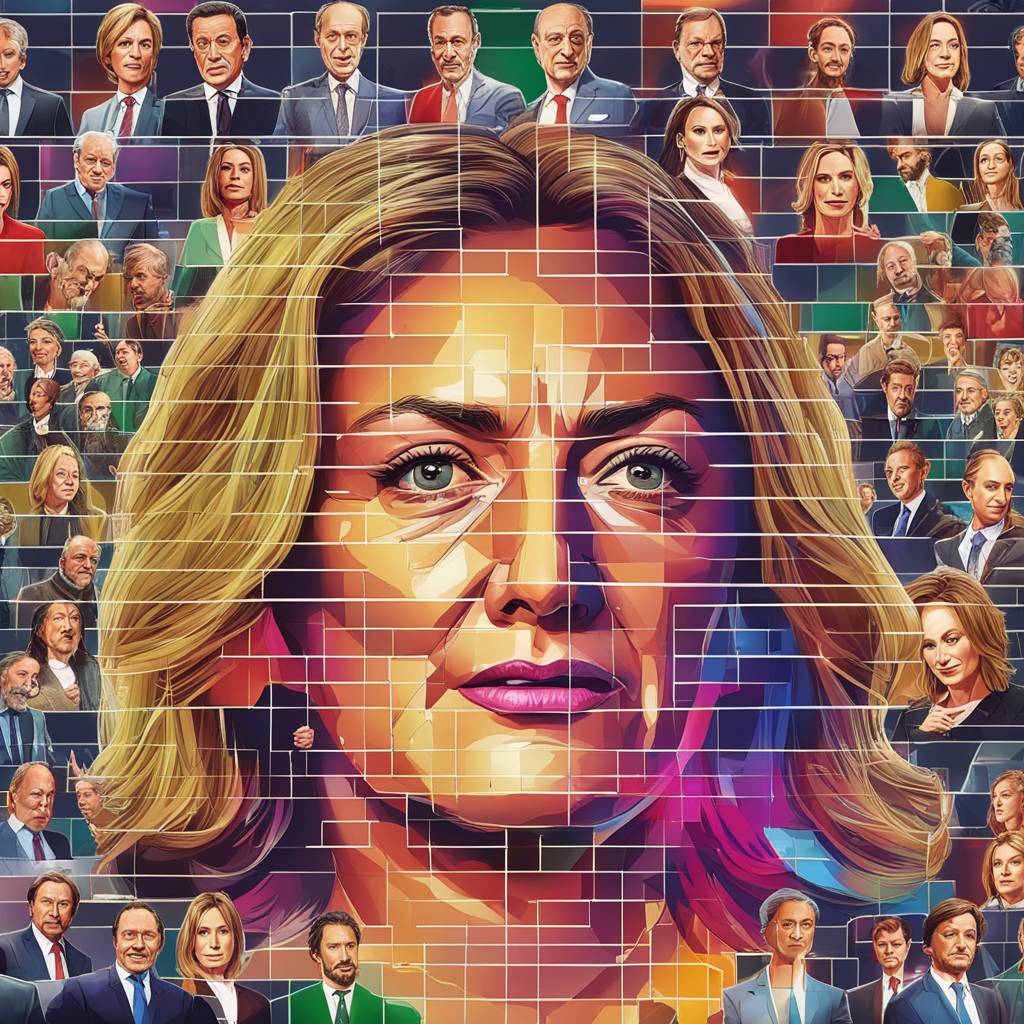In a shocking twist, Italian Prime Minister Meloni has filed a defamation case against two men accused of creating deepfake pornography videos of her. The two men, a 40-year-old and his 73-year-old father, allegedly superimposed Meloni’s face onto someone else’s body and posted the videos online, where they garnered millions of views. Meloni is seeking damages of over $100,000 in the case, which she plans to use to support female victims of abuse if she wins. The prime minister will testify in the case this summer, sending a message to all women who are victims of this kind of abuse of power not to be afraid to press charges.
The term “deepfake” has gained notoriety in recent years, originating in 2017 with videos that swapped celebrities’ faces onto pornographic videos. Deepfakes have since evolved to include any realistic but fake videos, images, or audio clips that portray people in situations they’ve never been in. Celebrities and everyday citizens have increasingly become victims of deepfake pornography, with some websites averaging about 14 million hits a month. As artificial intelligence tools make it easier to create such content, countries struggle to hold creators accountable. Few regulations exist surrounding deepfakes, despite the increasing risk of crimes such as cyberbullying, stock manipulation, and identity theft. Some American states have implemented laws to address pornographic deepfakes, with creators facing potential jail time and sex offender classification.
Deepfake pornography makes up a staggering 96% of all deepfake material online, according to the Guardian. Celebrities like Emma Watson, Scarlett Johansson, Kristen Bell, Natalie Portman, Gal Gadot, Michelle Obama, Kate Middleton, and Taylor Swift have all been victims of deepfake pornography. Emma Watson’s images were used in advertisements for a deepfake video app, while Taylor Swift’s deepfake porn went viral on social media. Hollywood stars like Tom Hanks and Jennifer Aniston have also had their likenesses stolen for commercial purposes. These cases highlight the increasing prevalence and impact of deepfake technology on individuals’ privacy and reputation.
Regulations around deepfakes remain lacking globally, with countries struggling to address the issue of digital forgeries. The lack of federal laws in the United States leaves victims of deepfake pornography with limited recourse. The rise of artificial intelligence tools and other software has made it easier to create realistic but fake content, posing new challenges for cybersecurity and privacy. Italy’s defamation case against the two men accused of creating deepfake pornography videos of Prime Minister Meloni is a significant step in holding creators accountable and sending a message to other victims of such abuse of power. The outcome of the case and the damages sought by Meloni will be closely watched as countries worldwide grapple with the implications of deepfake technology.













